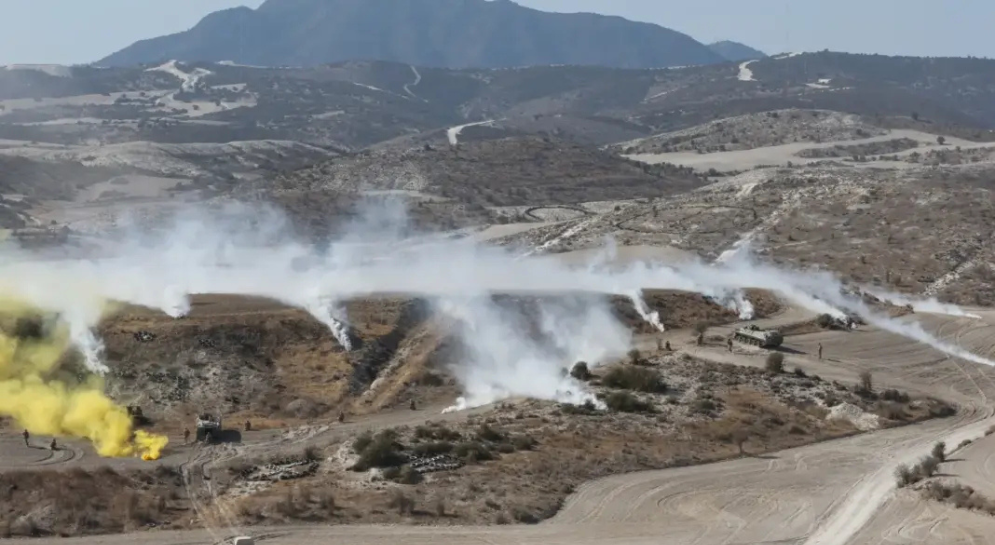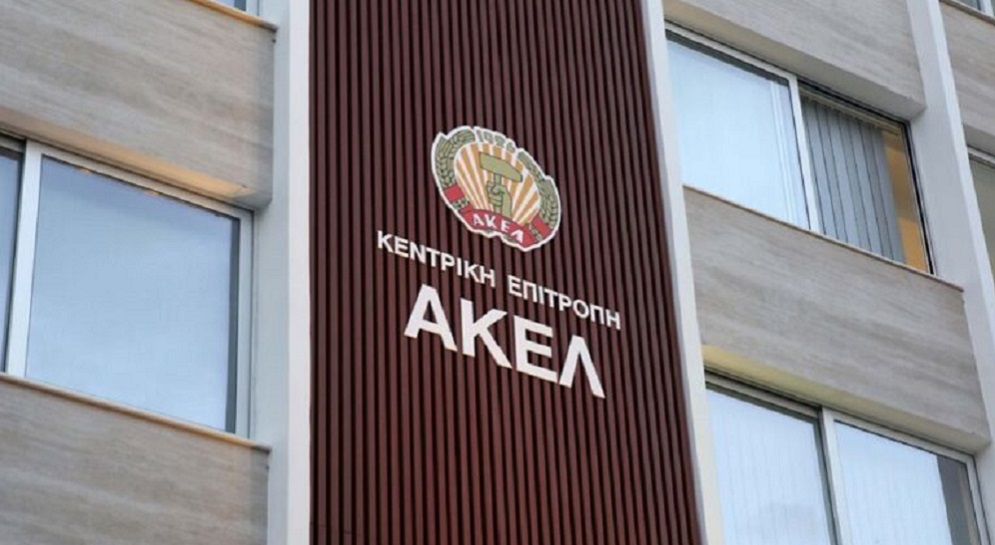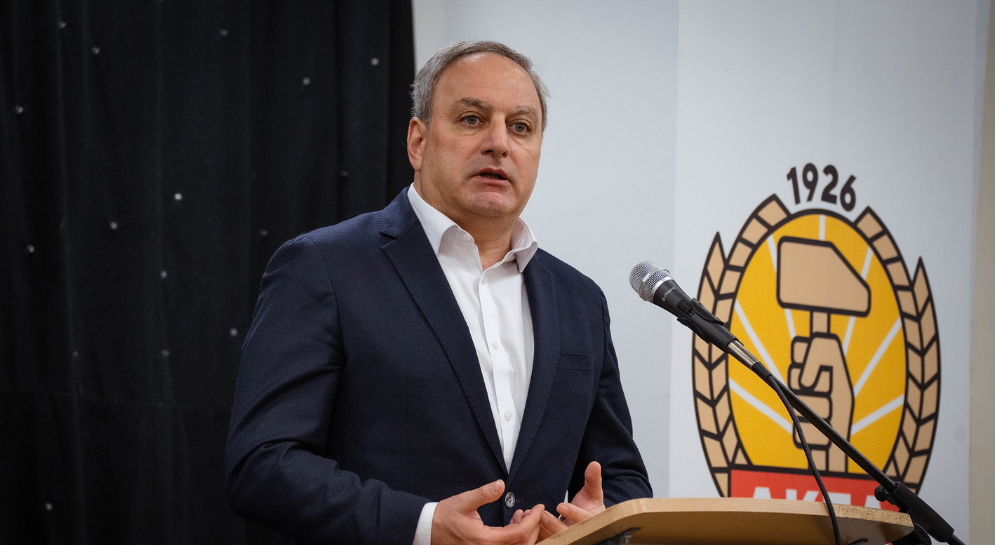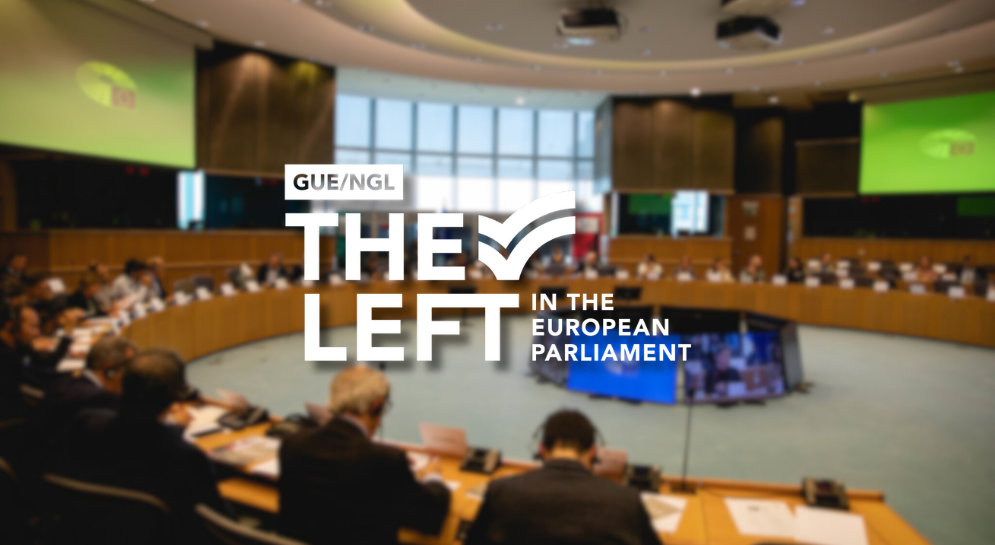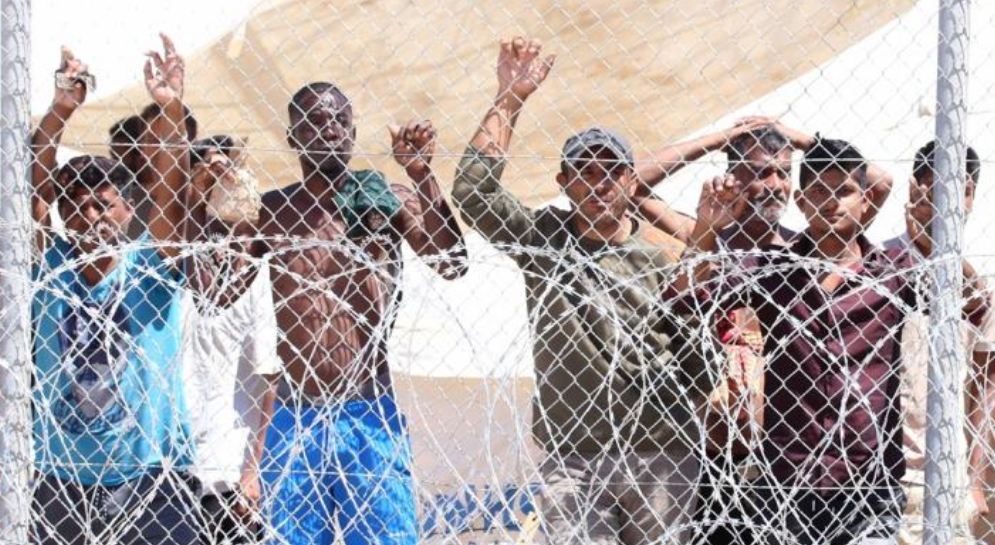
No strategic plan for the handling of the refugee/migration issue
Statement by AKEL MP Aristos Damianou and Chairman of the Parliamentary Internal Affairs Committee
14 April 2022
Today we concluded the debate in the Internal Affairs Committee on the handling of migratory flows. During its three consecutive sessions, we had the opportunity to listen to both the responsible Ministers and Deputy Ministers, as well as officials and a large number of NGO’s – people who deal voluntarily, primarily, with the issues of migration, asylum, the management of migration flows. We discussed the Republic of Cyprus’ obligation to integrate migrants and refugees into Cypriot society.
We are certainly wiser having heard numerous interesting facts, which may have been largely unknown to us, but which have indeed confirmed a number of our earlier assessments.
It is obvious that the Republic of Cyprus is facing increased migratory flows and it is given that the handling of the migration issue and refugees is a complex and multi-faceted issue. Synergies are required, planning is demanded and, of course, European solidarity is also called for, which it has to be said is glaring in its absence today. It is regrettable that on such an issue the Republic of Cyprus has not found open doors on the part of the EU, just as a number of states on the Mediterranean coastline, and certainly in North Africa, have not found any open doors in a similar way.
Since the migration and refugee issues are the result of social and other processes, they obviously cannot be prevented, nor is that the point, but they must be handled. Therefore, the management in the Republic of Cyprus of migration and refugees must be compatible with international law and Cyprus’ obligations, especially with regard to human rights, and at the same time create the preconditions for a balance between these obligations, but also the Republic of Cyprus’ capabilities.
These are the issues we discussed, as well as the issues related to creating the preconditions for the smooth integration of all our fellow human beings who ultimately remain in the Republic of Cyprus.
I will not proceed today to draw any comprehensive conclusions. This will be the result of a collective work in the Internal Affairs Committee, but it is obvious that instances and phenomena of a lack of coordination have been recorded between Ministries, Departments and Services, especially between the Ministry of Interior and the Deputy Ministry of Social Welfare, resulting in all these unacceptable situations that we have observed in the Pournara reception Centre and elsewhere.
Due to the large volume of applications, there are also serious delays in the processing of these applications by the Asylum Service. There is an increased need for more staff at the Asylum Service and, instead, the actions and decisions taken do not fulfill this need. On the contrary, the necessary human resources have not been provided to the Asylum Service and, of course, a comprehensive strategic plan for the handling of the refugee/immigration issue is absent – whether this concerns the examination of applications, or the processing, or even the return procedures of all those who are deemed to have no right to stay in the Republic of Cyprus. There are also serious shortcomings in the procedures for the integration of migrants and refugees into Cypriot society.
NGO’s are playing an important role in this effort and we would like to express our gratitude for the efforts being made, particularly at a social humanitarian level. However, NGO’s cannot – and indeed must not – replace the role of the central state, but instead be a helper and a partner.
At the same time, I regrettably must point out that we have confirmed that, in addition to deficiencies and violations of rights that have been recorded regarding a number of procedures, the Republic of Cyprus is facing the risk of being accused of such phenomena. It is obvious that, on the one hand, the volume of applications that must be processed and, on the other hand, the attitudes, which often must not be the case in the Republic of Cyprus, whether intolerant or otherwise, do not lead to the correct and legal treatment of people. We would like to believe that these phenomena are not the norm, but rather the exception.
As the Internal Affairs Committee, once we have completed this effort, we will monitor the development of both the debate and the practical measures taken to improve conditions, as reflected today, and of course I would be neglecting if I did not state what should be self-evident. Namely that in a homeland that is semi-occupied, in a country of refugees and migrants, besides the fact that it would not be ethical to behave in an intolerant and racist manner, it would also represent the greatest paradox for a people like ours who know what it is to be a refugee and a migrant not to behave in a humane manner and certainly in a manner compatible with our human rights and international obligations to all these people who obviously did not have as their first choice to end up in the Republic of Cyprus.
Furthermore, it goes without saying that we must also monitor closely the issue concerning the surveillance of the ‘Green Line’, in an effective way, but also in a way that does not create the impression that we are discussing the establishment of a hard border within our semi-occupied country itself.

